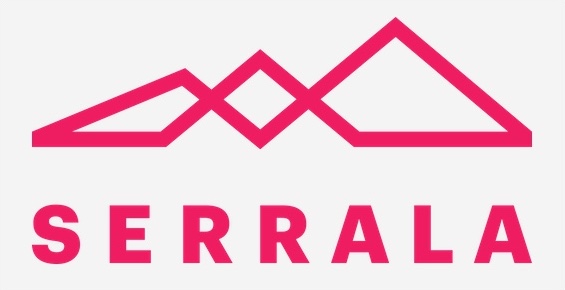
By Christoph Dubies, Chief Operating Officer, Serrala

For treasury teams, the crisis has repeatedly highlighted the importance of process automation and access to real-time data. Remote working patterns have necessitated the collaboration in centralised processes enabled through technology to ensure security, efficiency and a high level of automation. At the same time, the heightened focus on pinpointing sources of liquidity across the organisation has underlined the need for rapid, accurate data. And with cybercriminals and fraudsters becoming more sophisticated, treasurers not only master financial data but also have to ensure they protect processes and data more effectively.
Many of these trends were reflected in Serrala’s Future of Finance Survey 2021, which identified manual processes that have been identified as risk factors in the area of finance. For treasury and cash management, the top hurdle was a lack of access to centralised information, cited by 35 per cent of respondents. But the survey also revealed that overcoming these challenges is not always straightforward: for example, 54 per cent of respondents said it was difficult to change existing processes to achieve a greater level of digitisation.
So how can treasurers overcome these challenges, increase their importance as business partners and take advantage of the opportunities brought by digitisation? In particular, treasurers should be focusing on the following points to digitise their processes:
- Integration – many organisations have data held in disconnected systems. It is important to introduce automated interfaces to support centralised processes with a consistently high quality of data delivery. Seamless connections and delivery of data will give treasurers faster access to data that is instantly usable with the result of better decision-making, without the need to waste time sourcing data from different departments or entities.
- Centralisation – the complexity of a treasury organisation is dependent not only on the size of the organisation and the number of systems but also on the processes and workflows that need to be performed. Centralising systems and processes means better control over processes end-to-end and their underlying direct costs. Possible ways of centralisation in treasury include mechanisms such as cash pooling, an in-house bank or a payment factory. Treasurers should always keep centralisation very high on their agenda and align them with the development of the business.
- Process automation – many treasury processes are ripe for automation, from cash forecasting to bank account management. This, in turn, leads to greater efficiency and equips treasurers to operate more effectively in a remote context. Intelligent automation, which uses machine learning and artificial intelligence, can go further by identifying patterns and providing more insights for treasury teams.
- Real-time information – the evolution of markets, products and services will require the treasury to align their work to be able to meet the requirements in the future. Providing information in close to real time is already market practice. Shipping, buying, vendor and customer verification, and up-to-date information on credit ratings will have to be moved from near-time information to real-time information. This will not only require a change in technologies but also the way of working. Large enterprises are on top of the innovation. Services are now ready to be used by more corporates across all industries as we see demand increase.
Armed with accurate, real-time data about corporate cash, treasury teams will be better placed to centralise their cash, make timely decisions and forecast future cash flows and positions more precisely.
As such, the best treasury management system (TMS) is one that not only provides visibility into bank balances, trading portals and market data but also integrates effectively with internal and external systems and solutions that can lead to better-informed decisions.
To find out more about how to significantly improve your business, visit Serrala’s virtual event series: The Finance Compass

